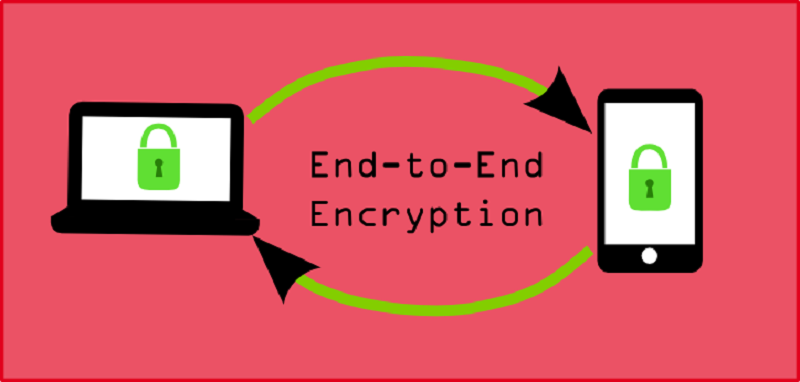In an age where data breaches and privacy concerns are on the rise, securing our digital communications has become paramount. Among the various methods employed to protect sensitive information, a powerful technique has emerged as a leading solution: securing data throughout its entire journey from sender to recipient it helpful end to end encryption.
What is It, and Why Does It Matter?
When data is transmitted online—whether through messaging apps, email, or even financial transactions—it passes through multiple channels and servers. Each of these points presents an opportunity for unauthorized parties to intercept or tamper with the information. This is where the concept of secure encryption comes into play. By encrypting data at its origin and ensuring it can only be decrypted by the intended recipient, this technique provides a robust layer of protection against potential cyber threats.
Unlike standard encryption, which may only secure data while it is in transit or at rest, this method guarantees that no third party, including the service providers themselves, can access the content of the communication. This has become increasingly important as the digital landscape evolves, with tech companies and consumers alike recognizing the value of safeguarding private information.
Recent Developments and Challenges
The importance of robust end to end encryption has never been more evident than in recent years. Major tech companies like Apple, WhatsApp, and Signal have implemented this technology as a standard feature in their services, responding to growing concerns about privacy and government surveillance. In 2023, Apple announced a significant expansion of its encryption capabilities, extending the protection to more data categories within its ecosystem, including iCloud backups.
However, the widespread adoption of this encryption method has also sparked debate. Governments and law enforcement agencies have expressed concerns that it could hinder criminal investigations by making it difficult to access critical information, even with a warrant. This has led to calls for “backdoors” or special access for authorities, which tech companies and privacy advocates argue would weaken the overall security and potentially expose users to new vulnerabilities.
A notable example of this tension occurred in 2024 when a proposal in the European Union sought to mandate that tech companies find a balance between privacy and public safety. The proposal suggested that companies should develop methods to comply with legal access requests without compromising encryption. This sparked a significant backlash from privacy advocates, who warned that such measures could undermine the very essence of secure encryption.
The Future of Digital Security
As the debate continues, it’s clear that encryption will remain a crucial tool in protecting digital privacy. With cyber threats becoming more sophisticated and the volume of sensitive information being shared online increasing, the demand for secure encryption methods will only grow. Companies will need to continue innovating, finding ways to enhance security without compromising user trust.
In the coming years, we can expect to see further advancements in encryption technology, including the integration of quantum computing, which could offer unprecedented levels of security. However, the balance between privacy, security, and accessibility will remain a delicate issue, requiring ongoing dialogue between tech companies, governments, and the public.
Ultimately, secure encryption is not just about protecting data—it’s about preserving the trust that underpins our digital interactions. As we navigate the complexities of the digital age, this technology will play an essential role in ensuring that our private communications remain just that: private.






